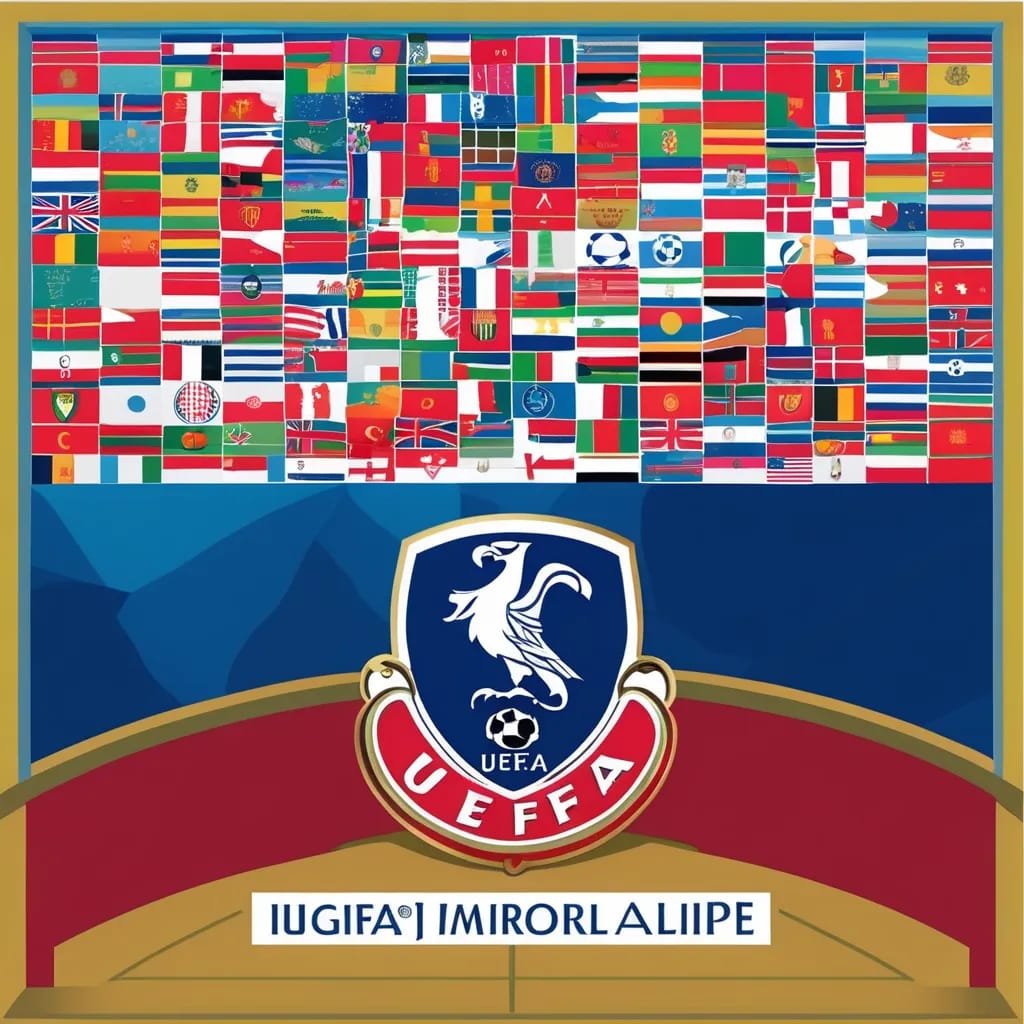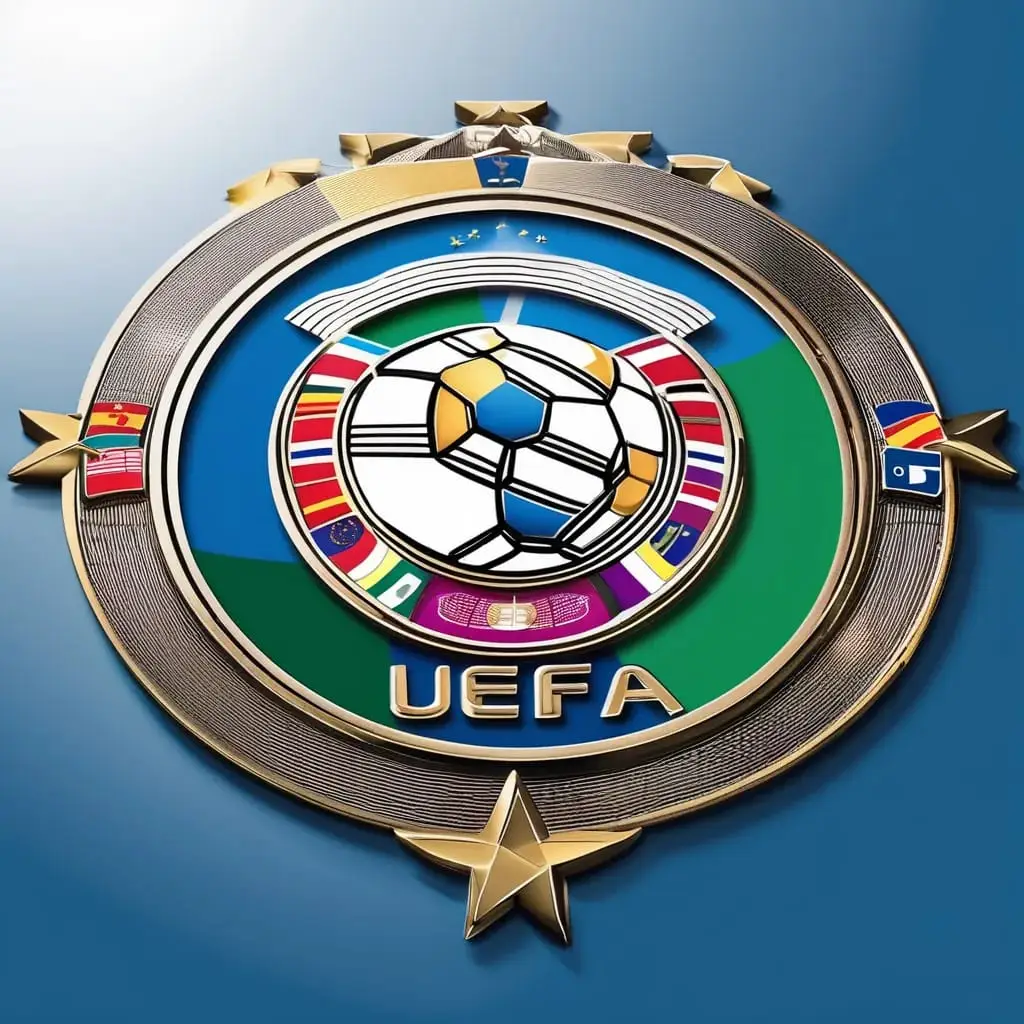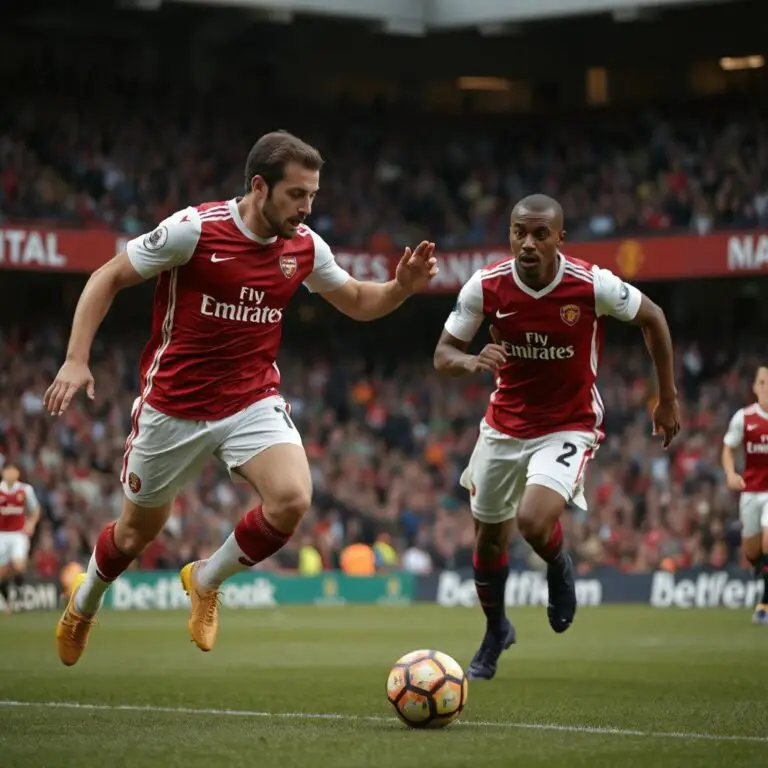
The UEFA Champions League represents the pinnacle of club football in Europe, showcasing the continent’s elite teams and players. Established in 1955, this prestigious tournament has transformed over the years from its original format, known as the European Cup, into the glamorous competition we recognize today. The significance of the Champions League extends beyond mere victories; it serves as a platform for clubs to assert their dominance on the European stage, enhancing their reputation and history in the world of football.
Clubs such as Ajax, Real Madrid, and AC Milan have carved their legacies into the history of this tournament through remarkable triumphs. Ajax, with its formidable academy and attacking philosophy, dominated the early years of the European Cup, securing multiple titles and introducing a style of play that influenced generations. Real Madrid, the most successful club in the competition’s history, boasts an impressive collection of Champions League trophies, capitalizing on its rich history and ability to attract world-class talents. Similarly, AC Milan has enjoyed a storied past in this tournament, known for its tactical excellence and strong defensive organization that facilitated its success on numerous occasions.
One player who embodies the extraordinary journey through these clubs is Clarence Seedorf. With a career that spans several decades, Seedorf is the only player to have won the UEFA Champions League with three different teams: Ajax, Real Madrid, and AC Milan. His experiences at these prestigious clubs provide valuable insights into the unique qualities, challenges, and triumphs associated with competing at the highest level of European football. As we delve into Matchday 5, Seedorf’s perspectives will shed light on the enduring significance of the Champions League and the clubs that continue to chase this coveted trophy.
Ajax’s Golden Era: A Legacy of Triumph
Ajax Amsterdam, one of the most storied clubs in European football history, carved out a legacy of triumph during the late 20th century, particularly within the UEFA Champions League. The club’s golden era is distinguished by its three victories in this prestigious tournament, which occurred in 1971, 1972, and 1995. Under the management of iconic figures such as Rinus Michels and Johan Cruyff, Ajax established a playing philosophy centered on total football, emphasizing fluid movement, positional interchange, and technical excellence.
The 1971 final marked the beginning of Ajax’s dominance on the European stage. The team showcased its tactical brilliance, defeating Panathinaikos 2-0 at Wembley. The following year, Ajax reached a new pinnacle, winning their second consecutive title in 1972. This final, against Inter Milan, saw Ajax triumph 2-0 once again, a match characterized by a near-perfect performance that displayed their innovative attacking style. Players like Johan Cruyff, who later became a legendary manager, and other talents such as Johan Neeskens, left an indelible mark on European football, showcasing the potential of homegrown players.
Fast forward to 1995, Ajax claimed their third UEFA Champions League title, defeating AC Milan 1-0, solidifying their status in European football. Under the guidance of Louis van Gaal, the modern incarnation of total football was reinvigorated, with a fresh generation of talents including Clarence Seedorf. Seedorf, who would later achieve his own successes with various clubs, credits Ajax for instilling discipline and a competitive mindset. The club’s ability to nurture young players not only contributed to its successes but also shaped the broader landscape of football, influencing several generations of players and playing styles across Europe.
In essence, Ajax’s exceptional achievements in the UEFA Champions League have not only etched the club’s name in football history but have also influenced countless players, including Clarence Seedorf. Their legacy of triumph endures, making Ajax a pivotal part of the narrative of European football excellence.
Real Madrid’s Dominance: Kings of Europe

Real Madrid is undoubtedly recognized as one of the most storied and successful clubs in the history of the UEFA Champions League, boasting a record 14 titles in the tournament’s illustrious past. Their pedigree in European football has set them apart, establishing a legacy that continues to inspire both players and fans alike. The team’s strategic play, characterized by a blend of offensive flair and robust defensive tactics, has often led them to triumph at critical junctures.
Throughout their Champions League campaigns, Real Madrid has produced a plethora of memorable matches, showcasing their ability to perform under pressure. One standout moment is the dramatic comeback against Manchester City in the 2021 semi-finals, where they demonstrated resilience and tenacity. This capacity to harness crucial moments often stems from a roster filled with exceptional talent, including legendary figures such as Alfredo Di Stéfano, Cristiano Ronaldo, and currently emerging players who strive to emulate those greats. Each iteration of the squad has contributed to their rich history, reinforcing their status as the ‘Kings of Europe’.
As a competitive opponent, facing Real Madrid has always been a formidable challenge. Clarence Seedorf, who has faced them on multiple occasions, recalls the intricacies of their gameplay, noting both strengths and weaknesses. Their attacking prowess, driven by world-class players, creates relentless pressure, while defensively they maintain a structure that can stifle their rivals. However, as Seedorf emphasizes, understanding their playstyle can provide insights into exploiting certain vulnerabilities, particularly during critical moments of a match.
As we look forward to the upcoming Matchday 5 clashes, it will be intriguing to see how Real Madrid approaches their games, continuing their quest for yet another Champions League title while solidifying their enduring legacy in European football.
AC Milan’s Resilience: A Club of Champions
AC Milan, one of the most storied football clubs in the history of the UEFA Champions League, has consistently demonstrated remarkable resilience and competitiveness. With a rich history that includes seven Champions League titles, the club’s journey through Europe’s premier competition has been marked by strategic brilliance and an unwavering spirit. Renowned for their tactical prowess, the Rossoneri have built a legacy filled with memorable victories and iconic moments that have left a lasting impression on fans around the world.
Key victories that define AC Milan’s legacy in the Champions League include their triumph in 2003 against Juventus, which underscored their dominance in Italian football, as well as the 2007 final where they outperformed Liverpool, avenging their defeat from 2005. These matches showcase not just skill on the pitch, but also the strategic acumen possessed by their legendary managers, such as Arrigo Sacchi and Carlo Ancelotti, whose philosophies have significantly influenced modern football tactics.
Throughout its illustrious history, AC Milan has been graced by numerous influential players. Icons like Paolo Maldini, Franco Baresi, and Marco van Basten have all contributed to building a winning mentality, embodying the club’s strong commitment to excellence. Currently, as the team navigates the challenges of the modern UEFA Champions League, the experience and insights shared by Clarence Seedorf, a pivotal figure in their success, are invaluable. Seedorf’s analytical approach sheds light on the current squad dynamics and the potential paths to success.
As the club gears up for Matchday 5, the blend of historic resilience and current strategy positions AC Milan as a formidable contender. Their commitment to reclaiming glory in Europe remains steadfast and is a testament to their unwavering spirit as a club of champions.




